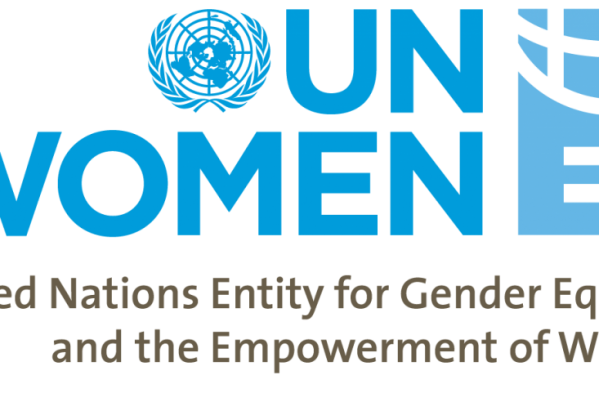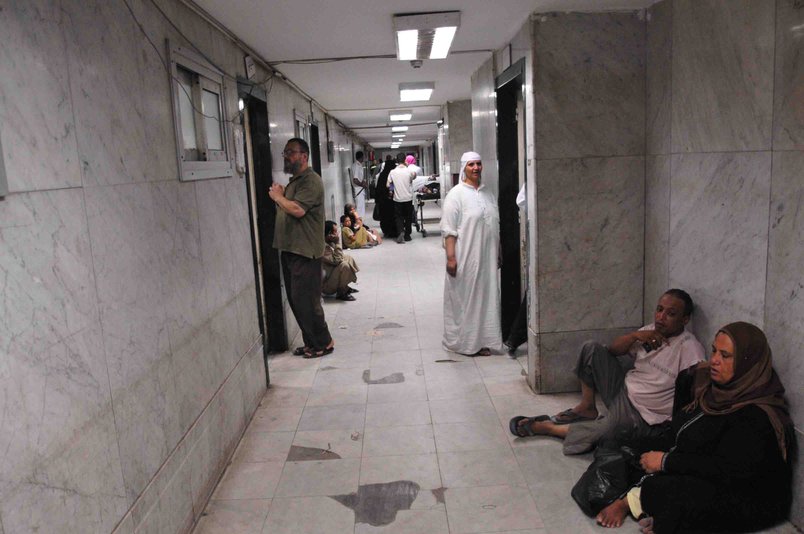CAIRO: For the fourth time in a year, the Muslim Brotherhood’s official English webpage, Ikhwanweb.com, was blocked and inaccessible to Internet users in Egypt last week.
The Brotherhood calls it “yet another demonstration of repressive practices against the opposition .
“The blocking of our web site by the Egyptian [government] proves that this fascist and repressive regime attempts to hide truth from reaching people, Khaled Salam, editor in chief of Ikhwanweb stated.
In conjunction with the Fifth Cairo Conference of the International Campaign Against War held last week, Ikhwanweb recently posted messages urging people to stand up against the referral of civilians to military tribunals; a procedure that several members of the Muslim Brotherhood were subjected to.
“The blocking of Ikhwanweb always coincides with the campaigns and activities of the Brotherhood. Once we publish information or propaganda on our webpage that goes against the beliefs of the Egyptian regime, our site is immediately censored, Ibrahim El-Houdaiby of Ikhwanweb told The Daily Star Egypt.
The Daily Star Egypt contacted the Ministry of Interior for information but calls were not returned by press time.
Ihkwanweb has come under scrutiny in the past and has allegedly been blocked several times.
According to members of the Muslim Brotherhood, the web site was blocked for the first time during the parliamentary elections in December 2005 and then again in December 2006.
After featuring information about torture cases of civilians at police stations and prisons, the site was reportedly shut down for the third time in early January 2007.
“Attempts of this sort aimed at repressing the opposition are useless because the truth will always reach people sooner or later. We won’t bend over by intimidation and blackmailing, Salam wrote on Ikhwanweb.
While the web site maintains normal operations at the moment, El-Houdaiby believes this is not the last time Ikhwanweb will experience difficulties.
“Of course this will happen again. Our site will keep getting blocked by the Egyptian authorities from time to time to silence the views of the political opposition. We won’t experience change until we have a fair regime, El-Houdaiby sighed.
Freedom of expression on the Internet in Egypt has become a heated topic of debate recently.
Three weeks ago, judge Abdul Fattah Mourad, head judge at the Alexandria Court of Appeals, filed a lawsuit against 21 websites and weblogs belonging to Egyptian human rights’ organizations and outspoken bloggers on the basis that they ‘tarnish Egypt and the Egyptian President.’
Websites included on the judge’s black list include the web pages of the Arabic Network for Human Rights Information, Al Ghad newspaper, the Kefaya Opposition Movement, and the Egyptian Initiative for Personal Rights.
A first hearing in the case is scheduled for mid-April.
On Feb. 22, Alexandrian blogger Abdelkarim Soliman Amer was sentenced to four years in prison for ‘defaming Islam and President Mubarak’ on his Internet blog.
In late 2006, press freedom group Reporters Without Borders added Egypt to its list of “The 13 Worst Internet Enemies in the World .


